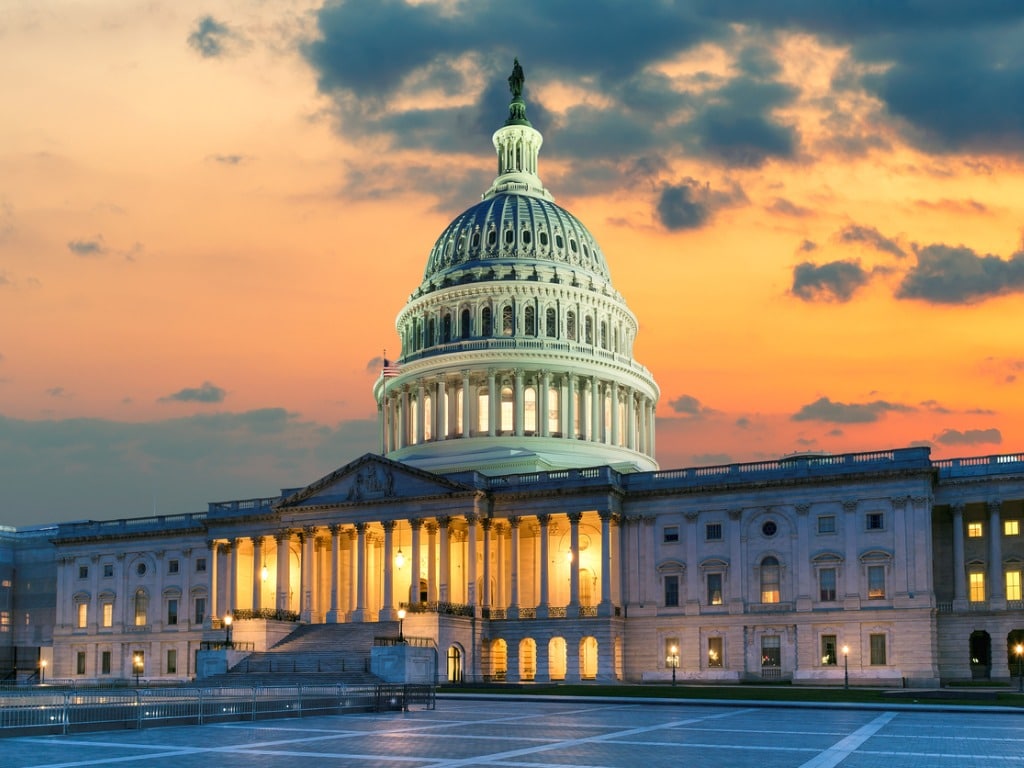On July 26, a bipartisan group of senators, led by Senator Chuck Grassley (R-IA), introduced legislation that would close loopholes in the False Claims Act, the U.S.’s most powerful anti-fraud law. The False Claims Amendments Act of 2021 takes aim at the so-called “materiality” loophole of the False Claims Act, which in recent years has allowed some companies to escape prosecution simply by proving that any government employee, somewhere in the many layers and departments of the federal government, had knowledge of the fraud in question. This allows companies to then argue that because the “government” had knowledge of the fraud but didn’t stop payment for the contract in question, the fraud was not material.
The confusion surrounding the definition of the legal term “materiality” as it is used in the text of the False Claims Act began in earnest after the 2016 Supreme Court decision United Health Services v. United States ex rel. Escobar. In a statement from March, Grassley outlined the critical loophole and suggested ways to fix it:
“However, based on a 2016 Supreme Court opinion, the federal courts are trying to reshape the [FCA’s] materiality requirement. In the Supreme Court’s opinion in the Escobar case: ‘[I]f the Government pays a particular claim in full despite its actual knowledge that certain requirements were violated, that is very strong evidence that those requirements are not material.’ Citing this language, courts have made the government’s payment decision in these cases a deciding factor. Now, the Justice Department shies away from prosecuting them. Even when the fraud is obvious, and obviously material.”
Grassley has been hinting at the introduction of this bill for months, but now that it is officially introduced, the bill can proceed to the floor of the Senate, with the hope that these essential fixes to the False Claims Act will be promptly made.
The bill would also make an essential clarification that the powerful anti-retaliation protections contained in the False Claims Act are applicable to people who are no longer employed by the company in question. This would close another common loophole in the retaliation provisions of the Act. As of now, the only thing companies have to do to ensure employees are not eligible for protection under the False Claims Act is fire them, or force them to leave the organization.
“The False Claims Act has clearly been the best tool to fight fraud against the government and recover lost taxpayer dollars. Tens of billions of dollars have been returned to the federal treasury since my updates of 35 years ago,” Grassley said in a recent statement.
“The legislation we introduced today will help recoup even more money by clarifying confusion after the Escobar case. The Administrative False Claims Act will significantly improve the process for smaller claims. I look forward to pushing for these bills to become law, and continuing my work to protect taxpayers and whistleblowers who shine a light on fraud, waste and abuse. In light of the trillions of dollars that Congress has appropriated recently for COVID relief, these bills are needed, more than ever, to fight the significant amounts of fraud that we are already seeing.”
Grassley originally took up the cause of protecting and supporting whistleblowers when he noticed wasteful and irregular spending in defense programs in the early 1980s. It became clear that the government was being defrauded by military contractors. Although they had been lucky enough to find this particular case, this kind of fraudulent contracting could very well be the tip of a much larger iceberg. Grassley pushed for reforms to the False Claims Act, an American Civil War-era law that had been rendered toothless after World War II. These reforms turned the False Claims Act into what it is today: the world’s most powerful whistleblower and anti-fraud law.
Since reforming the False Claims Act and helping pass the Dodd-Frank Act, Grassley has continued to push for stronger whistleblower protections and rewards with remarkable and consistent zeal. In 2014 he co-founded the Senate Whistleblower Protection Caucus to further advance whistleblower protections in Congress.
Last week, Grassley gave a keynote address at the National Whistleblower Center’s National Whistleblower Day Celebration. You can view his remarks here.
